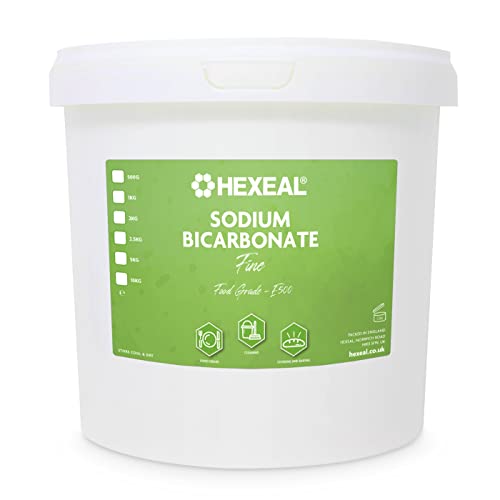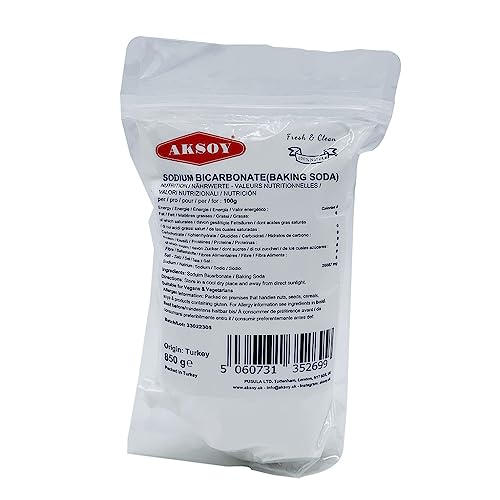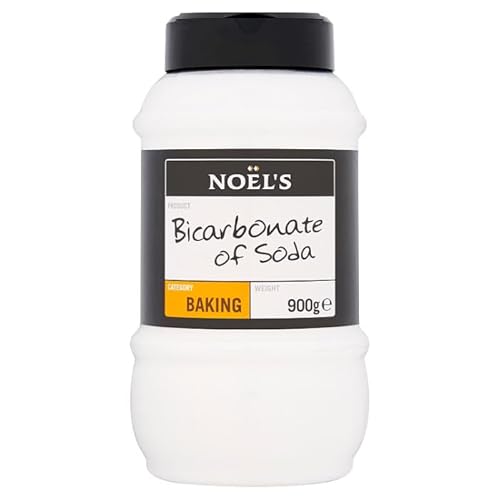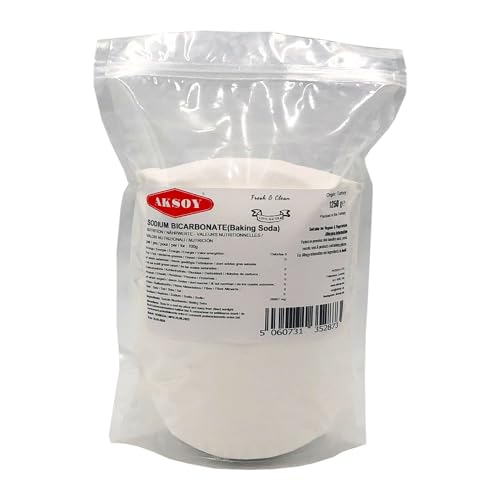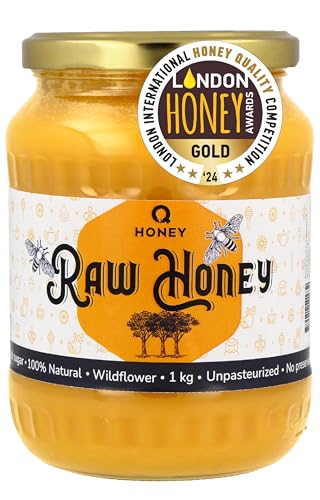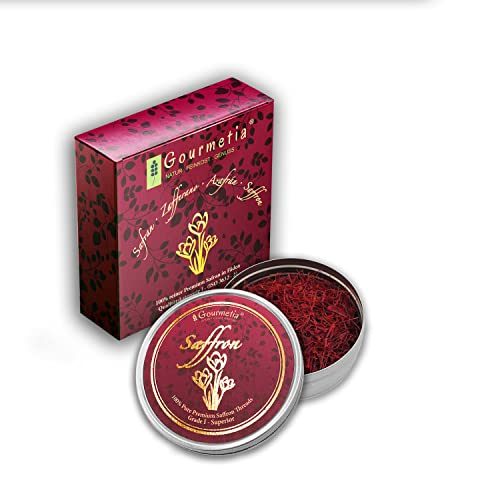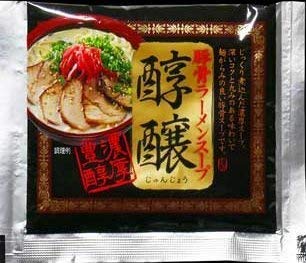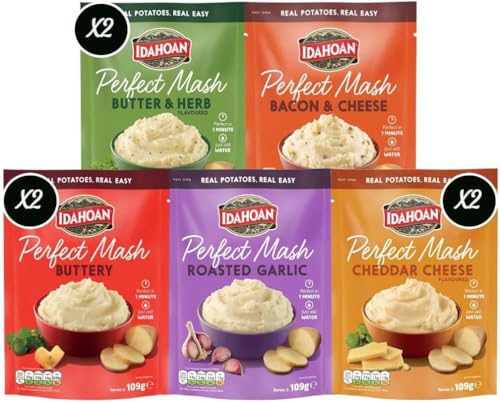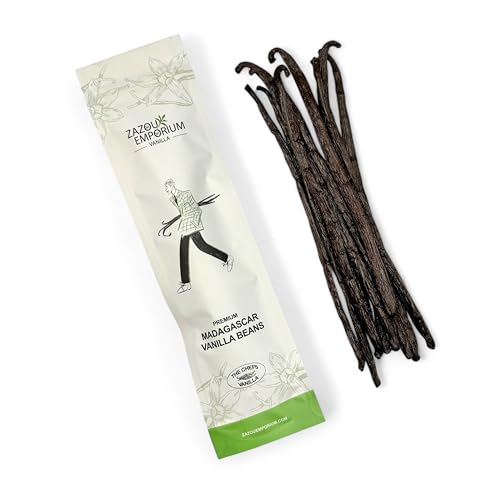What is Baking Soda and How Does It Work?
Understanding Baking Soda
Baking soda, scientifically known as sodium bicarbonate, is a versatile, white crystalline powder that’s commonly found in many households. It acts as a leavening agent, which means that when combined with moisture and an acid, it releases carbon dioxide gas. This gas creates bubbles that help baked goods rise and become light and fluffy. It’s not just for baking, though; baking soda has a variety of functions around the home, making it a valuable addition to any pantry.
The Science Behind It
When baking soda encounters acid, such as vinegar or yogurt, a chemical reaction takes place. This reaction produces carbon dioxide gas, which expands and causes doughs and batters to rise. Understanding this reaction helps us appreciate its usefulness across various applications, from baking to cleaning.
Top Uses for Baking Soda in Your Home
Baking and Cooking
In the kitchen, baking soda is indispensable. Beyond being a leavening agent for cookies and cakes, it can also help to tenderise meat and neutralise strong odours in the fridge. A little sprinkle in a recipe can make a difference in texture and taste.
Cleaning Agent
Baking soda shines when it comes to cleaning. Its mild abrasiveness makes it perfect for scrubbing surfaces without scratching. You can create a paste with water for tougher stains or combine it with vinegar for a powerful natural cleaner that fizzes away grime.
Odour Neutraliser
Baking soda effectively absorbs odours, making it a great choice for freshening up carpets, shoes, and even the inside of your car. Placing an open box in your fridge or sprinkling it on carpets before vacuuming can keep your spaces smelling fresh.
Personal Care
In personal care routines, baking soda can be used as a gentle exfoliant or as a natural deodorant. A paste made with water can brighten teeth, while a scoop in your bath can help soothe skin irritation.
How to Choose the Right Baking Soda
Types of Baking Soda
While most baking soda you find in stores is food-grade, it’s essential to check the label if you plan to use it for cooking or personal care. Food-grade baking soda is pure and safe for consumption, while non-food-grade varieties may contain additives that aren’t suitable for ingestion.
Packaging Considerations
Look for baking soda in airtight packaging to ensure it stays fresh. If you purchase from bulk bins, make sure to store it in a sealed container at home to maintain its effectiveness.
Tips for Using Baking Soda Effectively
Measure Carefully
When baking, measuring baking soda accurately is crucial. Too much can cause a bitter taste or affect the texture of your baked goods. Use a proper measuring spoon and level off the powder with a straight edge for precise amounts.
Combine with Acid
To maximise its leavening potential, always pair baking soda with an acidic ingredient in your recipe. This ensures an effective reaction that contributes to the rise of your dough or batter.
Storage Tips
Keep baking soda in a cool, dry place, away from moisture and strong odours, to preserve its potency. If you’re unsure of its effectiveness after a while, you can test it by mixing a small amount with vinegar; if it fizzes, it’s still good to use.
Frequently Asked Questions about Baking Soda
Is baking soda the same as baking powder?
While both baking soda and baking powder are leavening agents, they are not the same. Baking soda is pure sodium bicarbonate, whereas baking powder contains baking soda along with an acidifying agent and a moisture-absorbing ingredient. This means baking powder can be used alone in recipes, while baking soda needs an acid to activate.
Can baking soda expire?
While baking soda does not spoil, its efficacy can diminish over time, especially once the package is opened. It’s wise to check its effectiveness every six months by performing a simple reaction test with vinegar.
